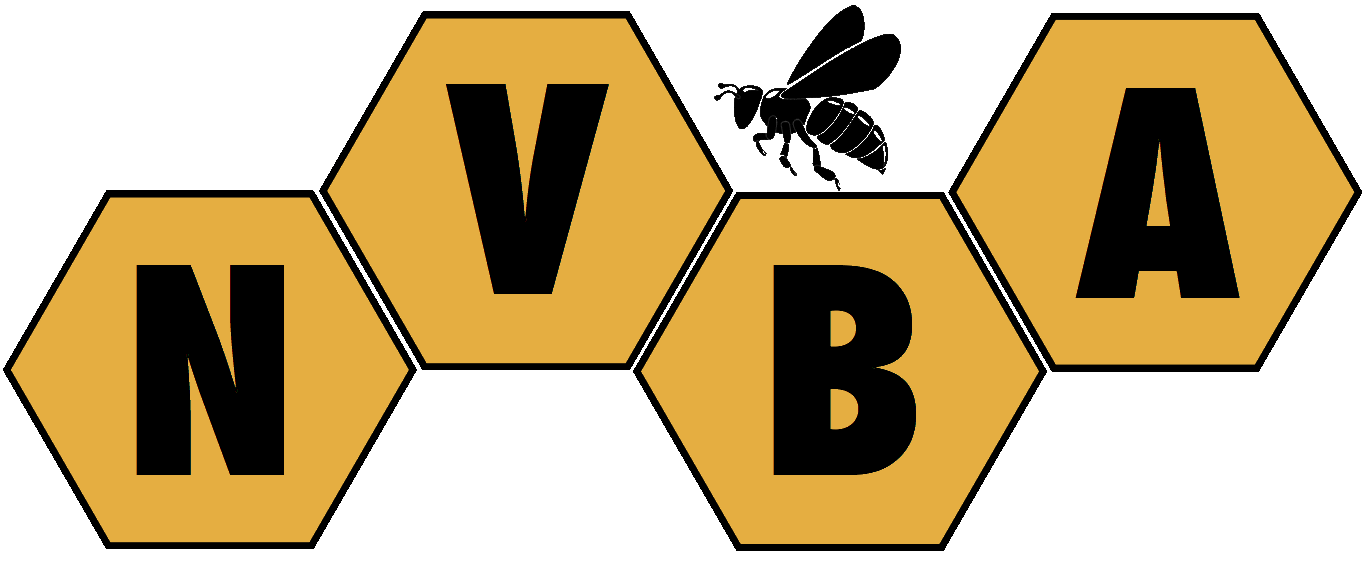Va County Codes: City of Fairfax Must file permit - allowed 4 hives on 1/4 acre Fairfax County Zoning Ordinance 4102.7.J The keeping of honeybees in four beehives or less is allowed as an accessory use on any lot. On any lot of 10,000 square feet in size or larger, more than four beehives may be kept, provided there is an additional lot area of 2,500 square feet for each hive. In all instances, there must be one adequate and accessible water source provided on-site and located within 50 feet of the beehive(s). In addition, if the main entrance of the hive faces and is within ten feet of any lot line, there must be a flight path barrier, consisting of a fence, structure, or plantings not less than six feet in height, located in front of the hive. The beekeeper is not required to reside on the property. These limitations do not relate to solitary bees or their structures, which are regulated as freestanding accessory structures. Prince William County, Manassas and Manassas Park Loudoun County, Local Municipalities, Home Owners Associations (HOA)
|
State of Virginia: CHAPTER 564 An Act to amend the Code of Virginia by adding a section numbered 3.2-4411.1, relating to limited liability for beekeepers. [H 535]Approved March 29, 2016 Be it enacted by the General Assembly of Virginia: 1. That the Code of Virginia is amended by adding a section numbered 3.2-4411.1 as follows: § 3.2-4411.1. Apiaries; limitation on liability. A. Any person owning or operating an apiary that is not located on his own property shall post the name and address of the owner or operator in a conspicuous place in the apiary. B. A person who operates an apiary in a reasonable manner, in compliance with local zoning restrictions, and in conformance with the written best management practices as provided by regulation of the Department of Agriculture and Consumer Services shall not be liable for any personal injury or property damage that occurs in connection with his keeping and maintaining of bees, bee equipment, queen breeding equipment, apiaries, or appliances. The limitation of liability established by this section does not apply to intentional tortious conduct or acts or omissions constituting gross negligence or negligence. C. The limitation of liability in this section shall not take effect until regulations are adopted by the Board. The Board may adopt initial regulations under this section to implement the provisions of this section to be effective no later than November 1, 2016. Such initial regulations shall be exempt from the requirements of Article 2 (§ 2.2-4006 et seq.) of the Administrative Process Act; however, the Board shall publish proposed regulations in the Virginia Register of Regulations and allow at least 30 days for public comment, to include an online public comment forum on the Virginia Regulatory Town Hall, after publication. Any amendments to such initial regulations or any subsequent regulations adopted pursuant to this section shall comply with the requirements of Article 2 of the Administrative Process Act. Any regulations adopted shall include best management practices for the operation of apiaries. Virginia’s Pesticide Control Law - What follows is a summary of relevant parts of Virginia’s pesticide control law in response to the concerns expressed over the effect of pesticide use on bees and beekeepers.
|
